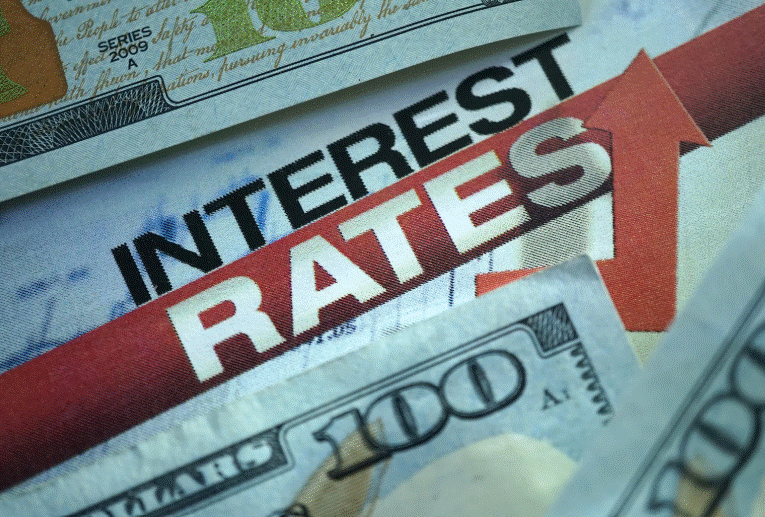Cash flow is a persistent issue with many Americans. Budgeting funds in the optimal proportions is challenging for working people: things come up, emergencies occur and prices increase. Perhaps the largest monthly bill is the payment on a home loan. After a number of remittances, owners regret agreeing to the interest rate on their mortgage. What can be done, though? Rates are what they are, after all. The fact is that mortgagors have an option to lower their rates...if they are willing to exchange that discount for mortgage points. This creates a tension between cash flow and cash on hand.
How Do Discount Points Work?
A "point" is defined as one percent of the loan amount in question. So, a borrower who wants to lower a four percent interest rate may opt to purchase a point. However, the rate drop will not be to three percent in most cases. According to U.S. News and World Report, one discount point is more likely to purchase a quarter-point lowering of the rate. Of course, each lender decides how much discount a point is worth but few will grant much more than the .25 cut. Forbes adds that a point's value is ordinarily calculated against the strength of a borrower's application, e.g. credit scores, income, assets, home value etc. Most important to remember is that the point -- or whatever fraction the lender allows -- is paid upfront at settlement. It becomes a closing cost.
How Would I Know If Mortgage Points Are Necessary?
Whether reducing the interest rate by means of points is either advisable or desirable rests on at least two factors. The first question is one of affordability: does the borrower have the funds to close with the discount point(s) included? Helpful here is the Loan Estimate that applicants receive within three days of their submissions. This document reveals two pieces of necessary information. On the one hand, it conveys the monthly payment according to the terms of the home loan. Secondly, it tabulates a very close projection of how much money a borrower needs to bring to settlement.
With this data in hand, applicants can decide whether points are a worthwhile investment. Only borrowers can see those obligations that do not make it to the underwriter's desk: the number of children in a household; dependency of aging parents or older relatives; or other monthly obligations undetected by a credit report. The burden of such expenses affects the distribution of monthly income in any household. Accordingly, only the borrower can determine if a larger contribution at closing is a good way to offset the monthly stress by diminishing the house payment. Still, good questions include:
- Are rates so high that points will make a big difference per month?
- Will I be in my home for the duration of the mortgage, i.e. will I break even and then save on interest?
- Can I part with assets to pay for higher closing costs?
A Word About Value
Home value, especially when measured against the loan amount, can improve or degrade the value of a discount point. This is why an appraisal helps borrowers to make good decisions. It goes to how much punch a point will pack.





